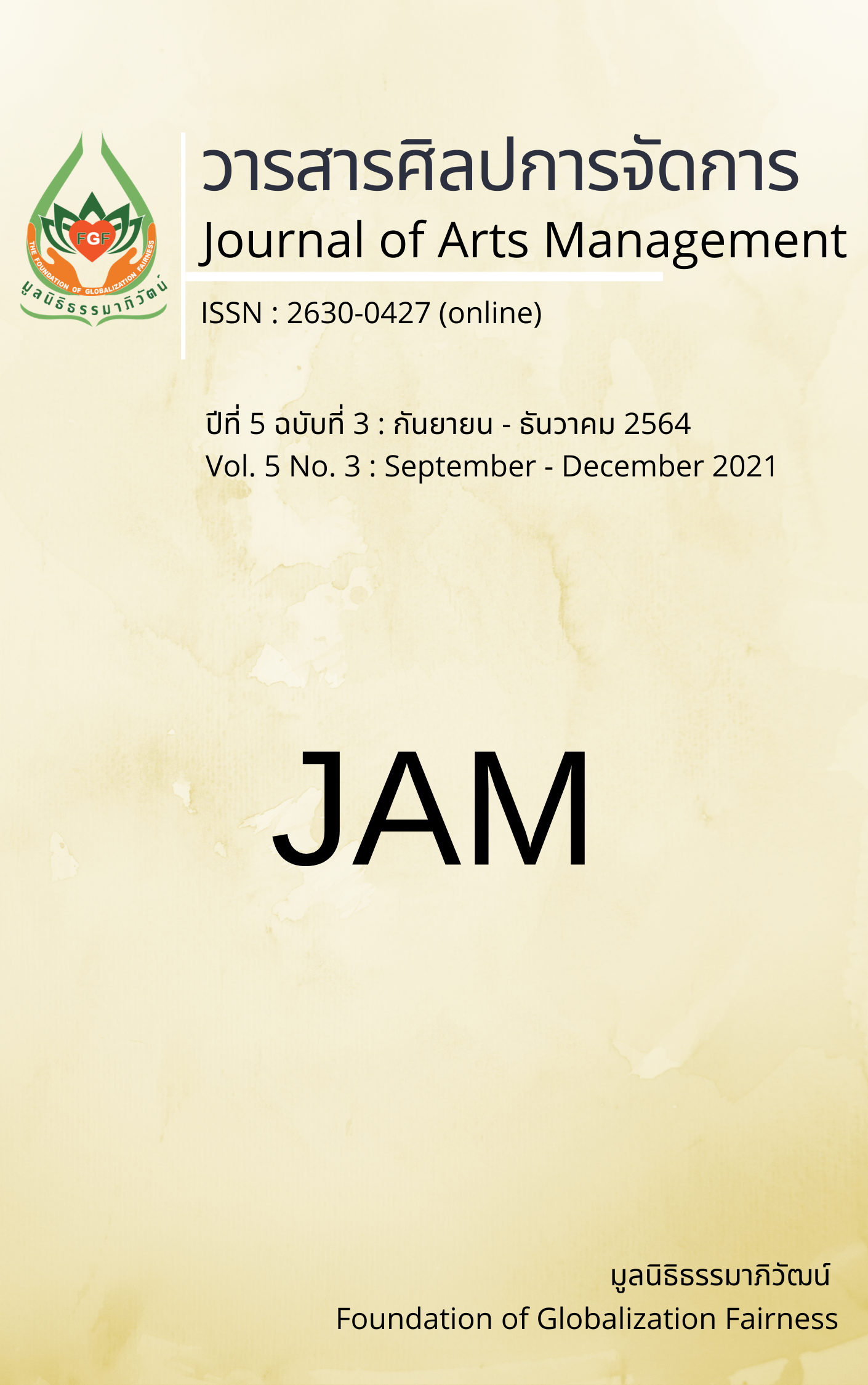The Research and Development of the Driving Process in Area Based Education for Promoting Learning Management in the Basic Education Level with the University as a Mentor
Main Article Content
Abstract
This research article aims were to; 1) study the approach to driving 2) drive process development 3) carrying out the driving process and 4) evaluating and taking lessons from the driving process. It were the research and development, the target groups were 23 network schools. The research instruments were; the guidebook on the process of driving area based education, 10 courses for training courses, the evaluation form for educational management innovation development, the assessment form for the use of educational management innovations and the supervising form for classroom learning. The statistics were percentage, mean, standard deviation and content analysis.
The results were as follows: 1. The promotion quality education, should be prepared the operational manual, operational cooperation (MOU) with network schools, to develop work according to the goals of the school and participate in developing teachers and students to achieve results according to educational management goals and spatial contexts.
2. The driving process to promoting learning management consisted of; Step 1: Build cooperation and drive educational schools; Step 2: Analyze problems and create guidelines; Step 3: Go to the area to develop as a mentor to develop educational school. Step 4: Exchange knowledge to the public. Step 5: take off lessons from learning.
3. The results of the promoting network schools were: 1) the educational management innovation development of network schools was at a high level. 2) the use of educational management innovations of network schools was at a high level. 3) the master teacher's classroom learning management was at a high level.
4. The results of evaluating and taking lessons, network schools have achieved educational management results that meet the project goals, impressed recognizing, awareness in the value of mentoring, suggesting that move forward and expand the results to 24 network schools in the fiscal year 2020.
Article Details
Views and opinions appearing in articles in the Journal of Arts of Management It is the responsibility of the author of the article. and does not constitute the view and responsibility of the editorial team I agree that the article is copyright of the Arts and Management Journal.
References
Caine, G. & Caine, R. (2010). Strengthening and enriching your professional learning community the art of learning together. ASCD Publications.
Dufour, R. (2011). Work together: But only if you want to. Phi Delta Kappan, 92(5), 57– 61. https://doi.org/10.1177/003172171109200513
Dufour, R., & Eaker, R. (1998). Professional learning communities at work best practice for enhancing student achievement. Solution Tree Press.
Dufour, R., Dufour, R., & Eaker, R. (2008). Revisiting professional learning communities at work: New insights for improving schools. Solution Tree Press.
Gottesman, B. (2000). Pee coaching for educators. The Scarecrow.
Jongsatityu, J., & Jitjang, A. (2013). The power of the network in the ground. Office of the Research Fund.
Patrinos, H. A. (2009). The role and impact of public-private partnership in education. The World Bank.
Quality Development Division, Mahidol University. (2009). Knowledge management in universities. Mahidol University.
Sinlarat, P. (2003). Higher education globalization: Report of overseas job visits and conferences. Chulalongkorn University Printing House.
Suwan, S. (2018). Human resources and organization development strategy. Petchkasem Printing Group.
Thatthong, K. (2012). Sabai Ta model: Teaching model for intellectual skill development. Petchkasem Printing.
The Secretariat of the Education Council. (2016). Public-private partnership education in Thailand. Prigwan Graphics.
Wattanachai, K. (2014). Dear teacher, I was born to be a teacher. Thanat Print.
Wiwanthamongkon, K. (2018). Model of developing teachers by using the process of professional learning community (PLC) in promoting learning management abilities based on the STEM education approach at the basic education level. Veridian E-Journal, Silpakorn University, 11(3), 92-114.
Wiwathamongkol, K. (2019). The process of learning management in accordance with the locality. Kanchanaburi: Faculty of Education, Kanchanaburi Rajabhat University.
Wuttiprajack, P. (2010). The development of contemplative education course to enhance the desirable characteristics student teachers[Doctoral dissertation, Silpakorn University].
Yachan, C., & Chenaksara, N. (2014). Policies and practices in basic education toward ASEAN community. Silpakorn Educational Research Journal, 6(2), 108-133.


